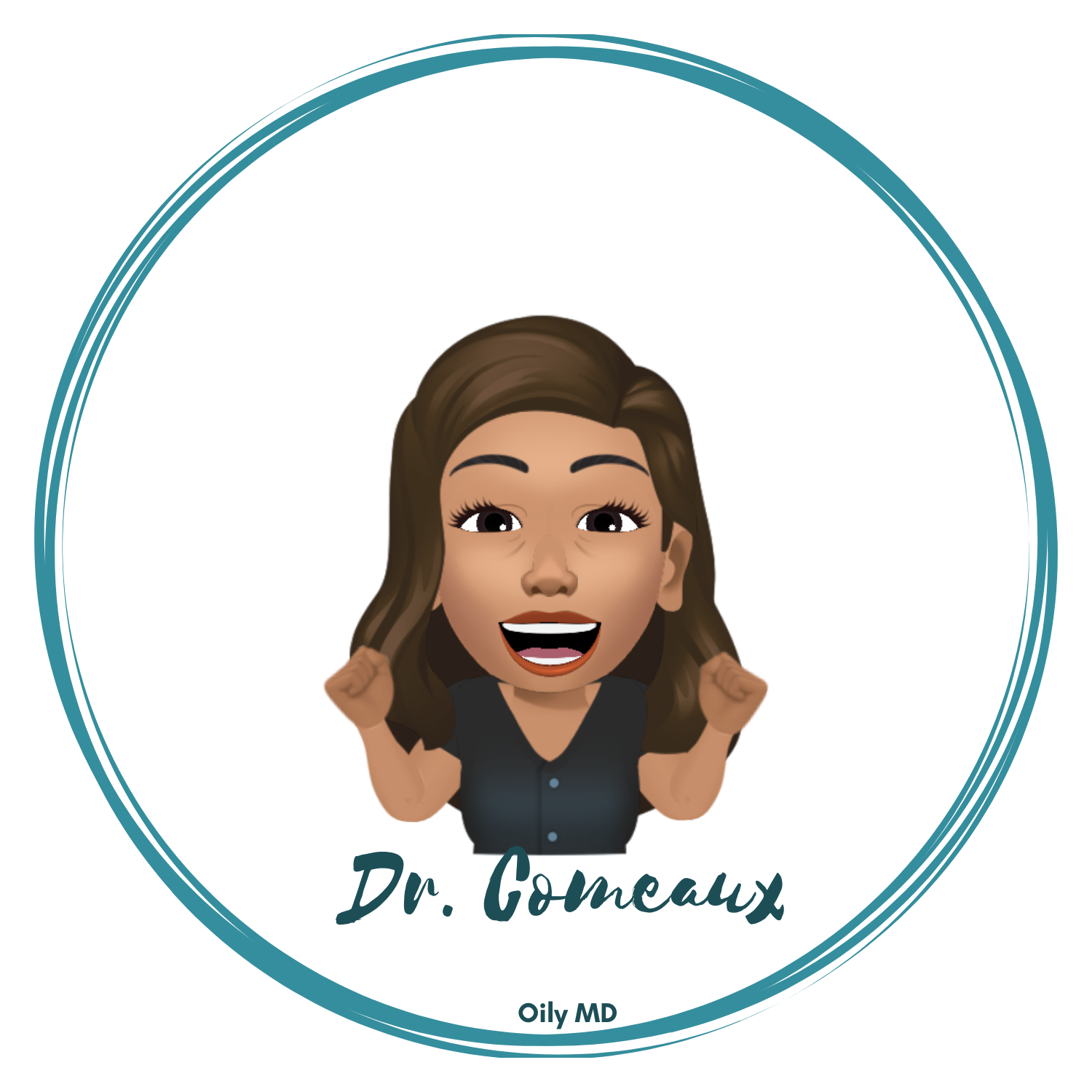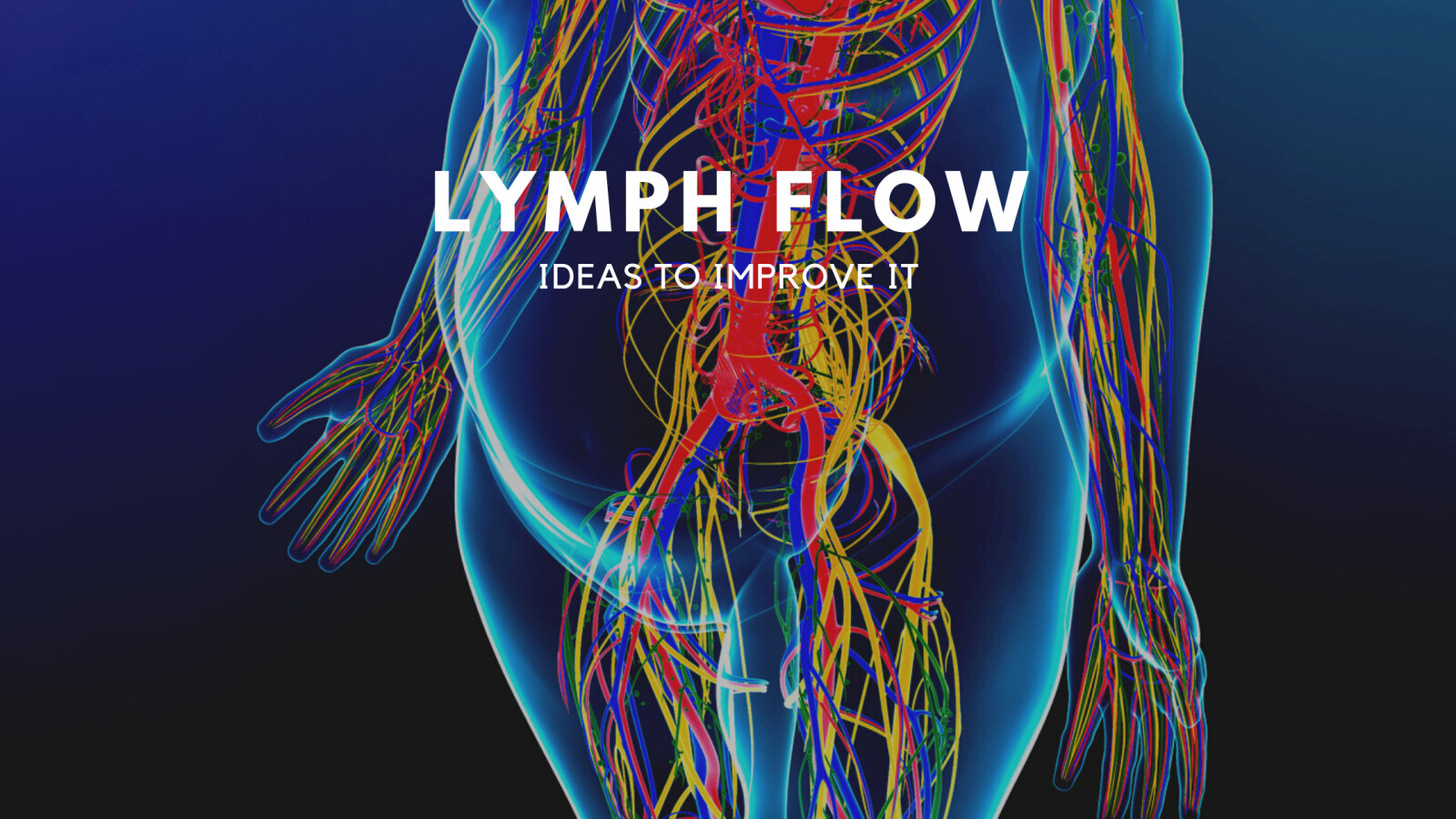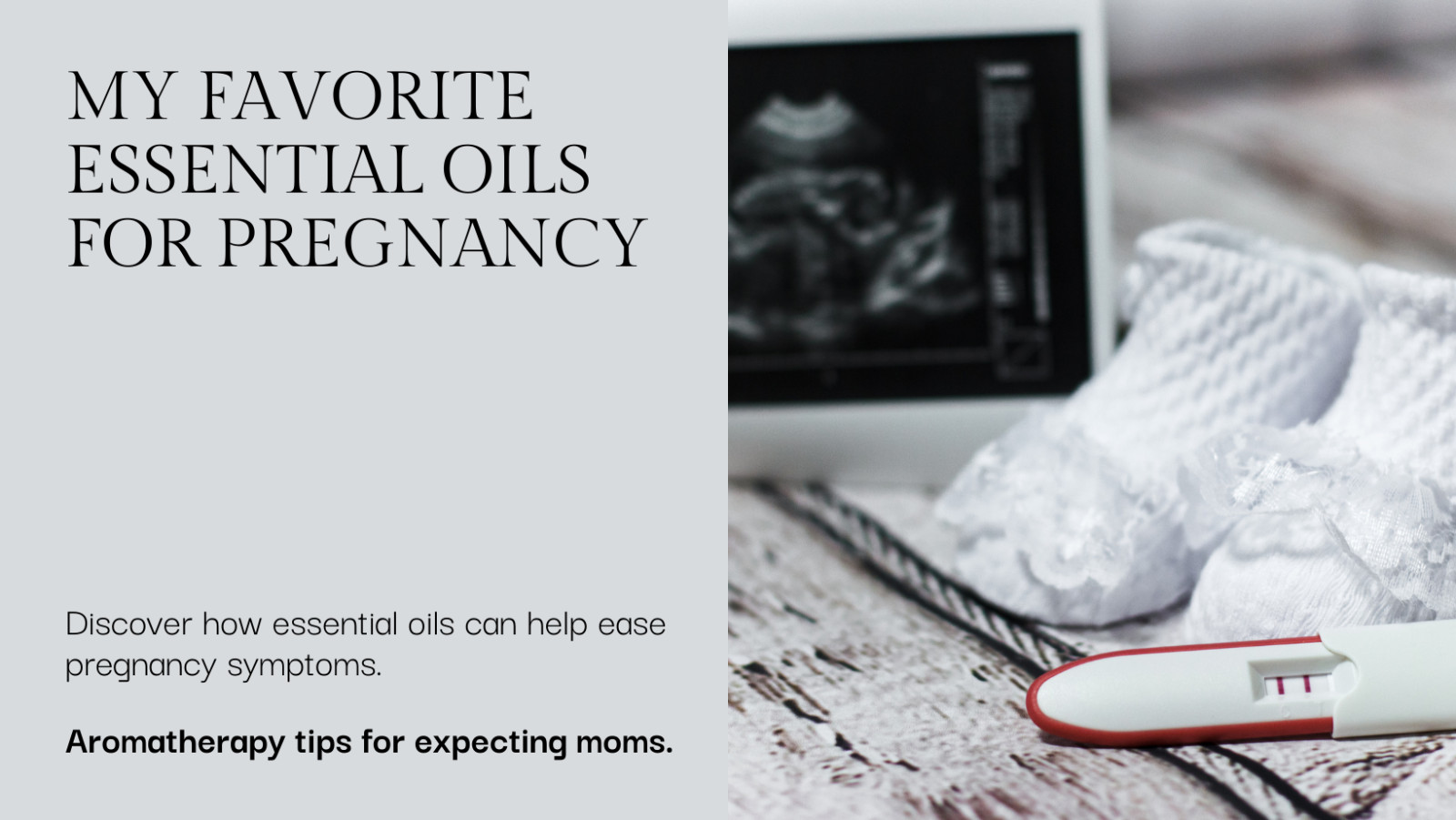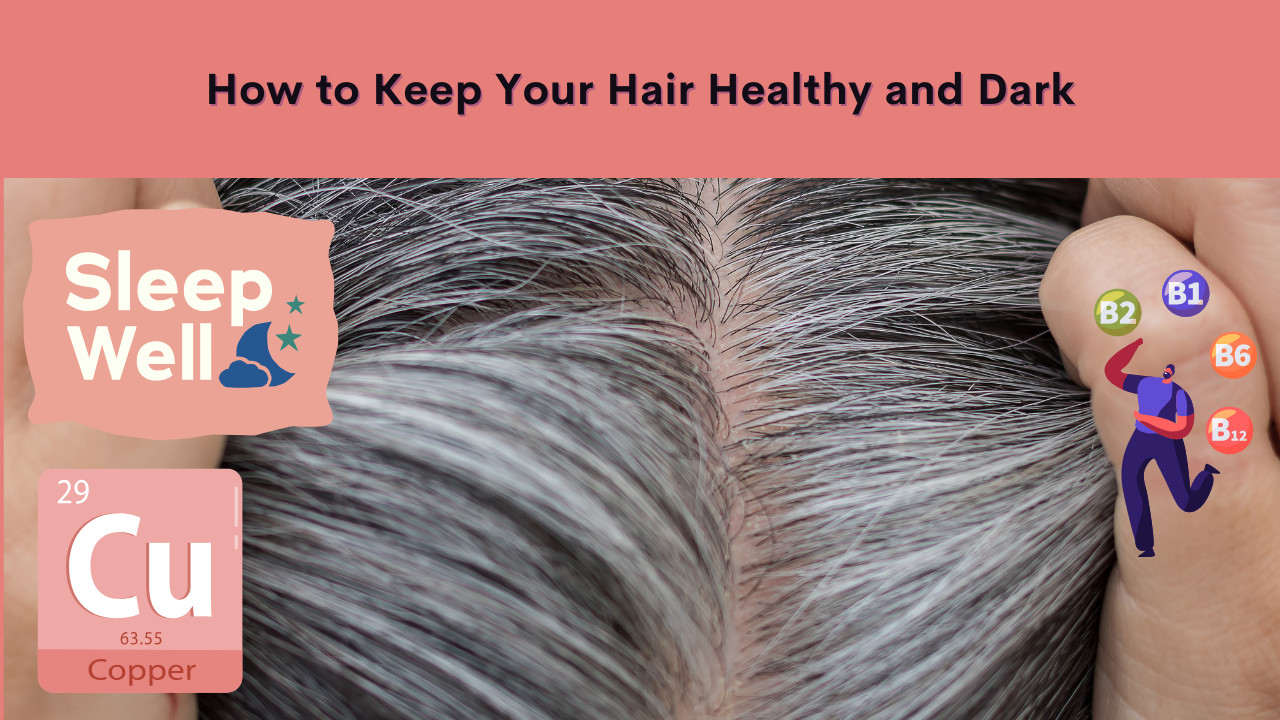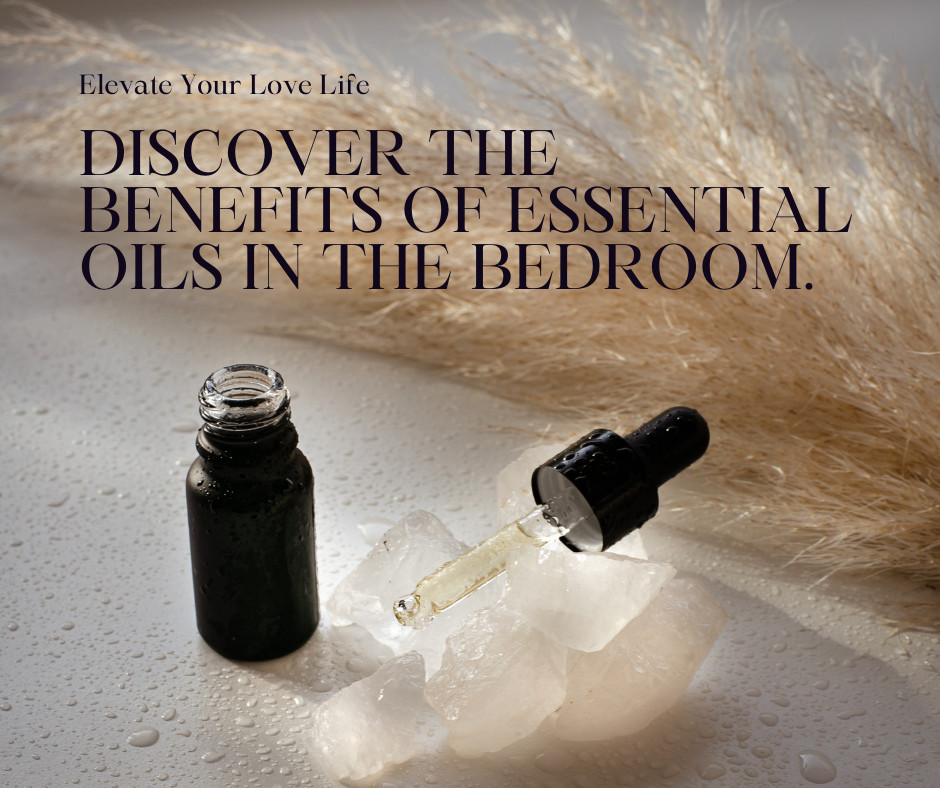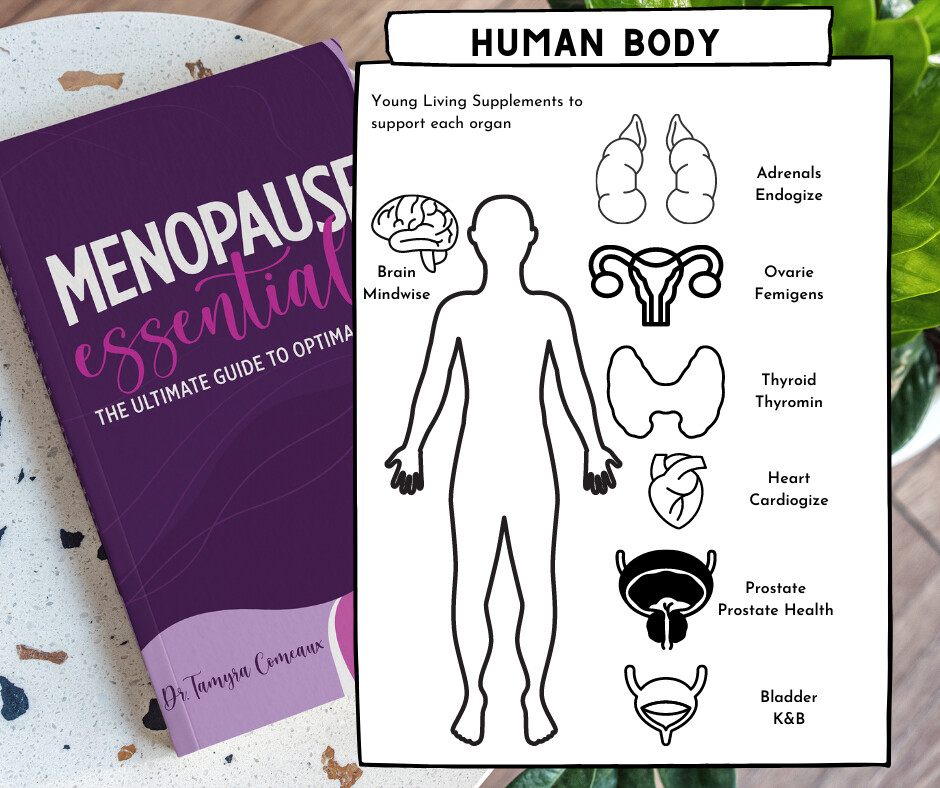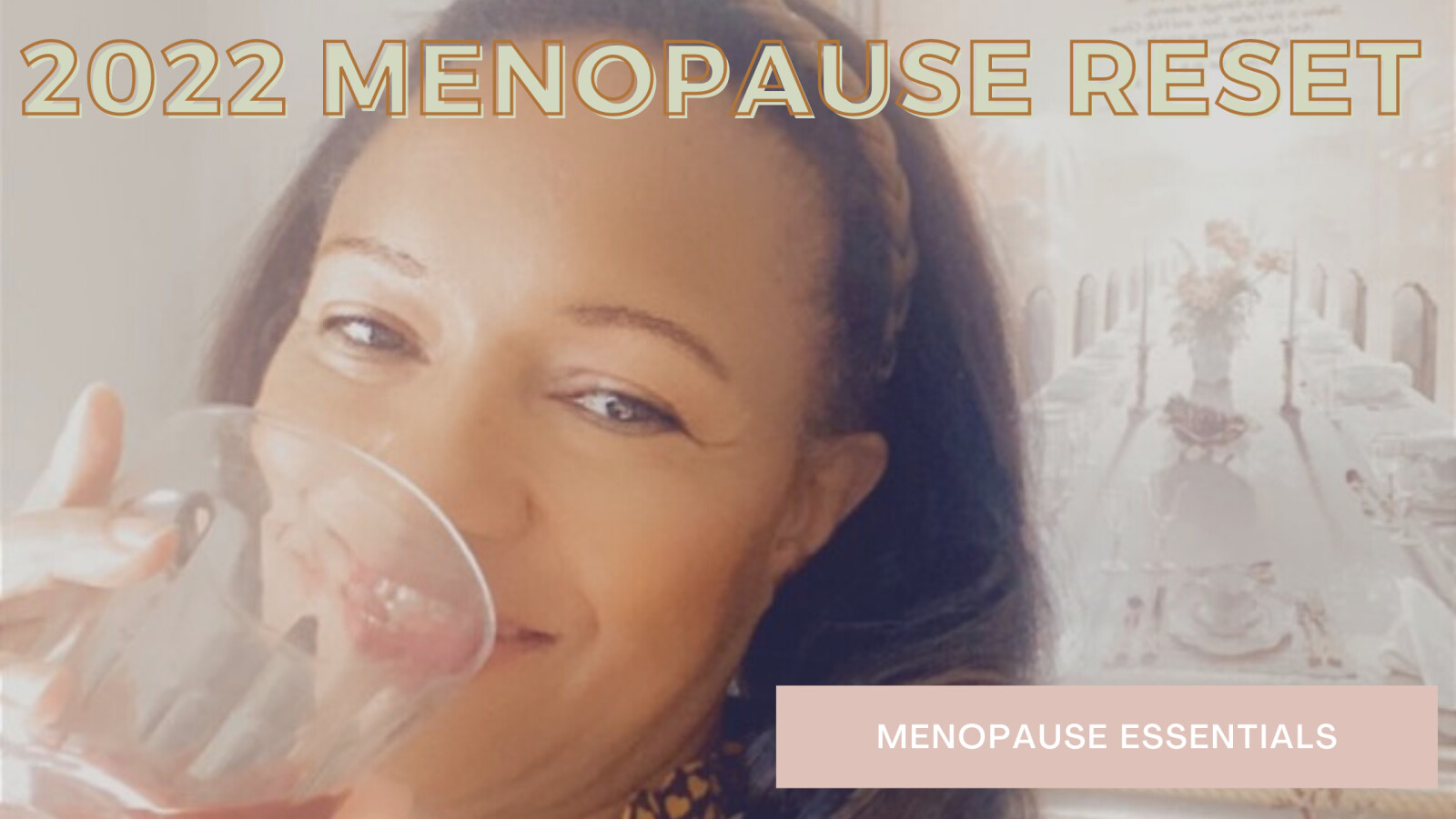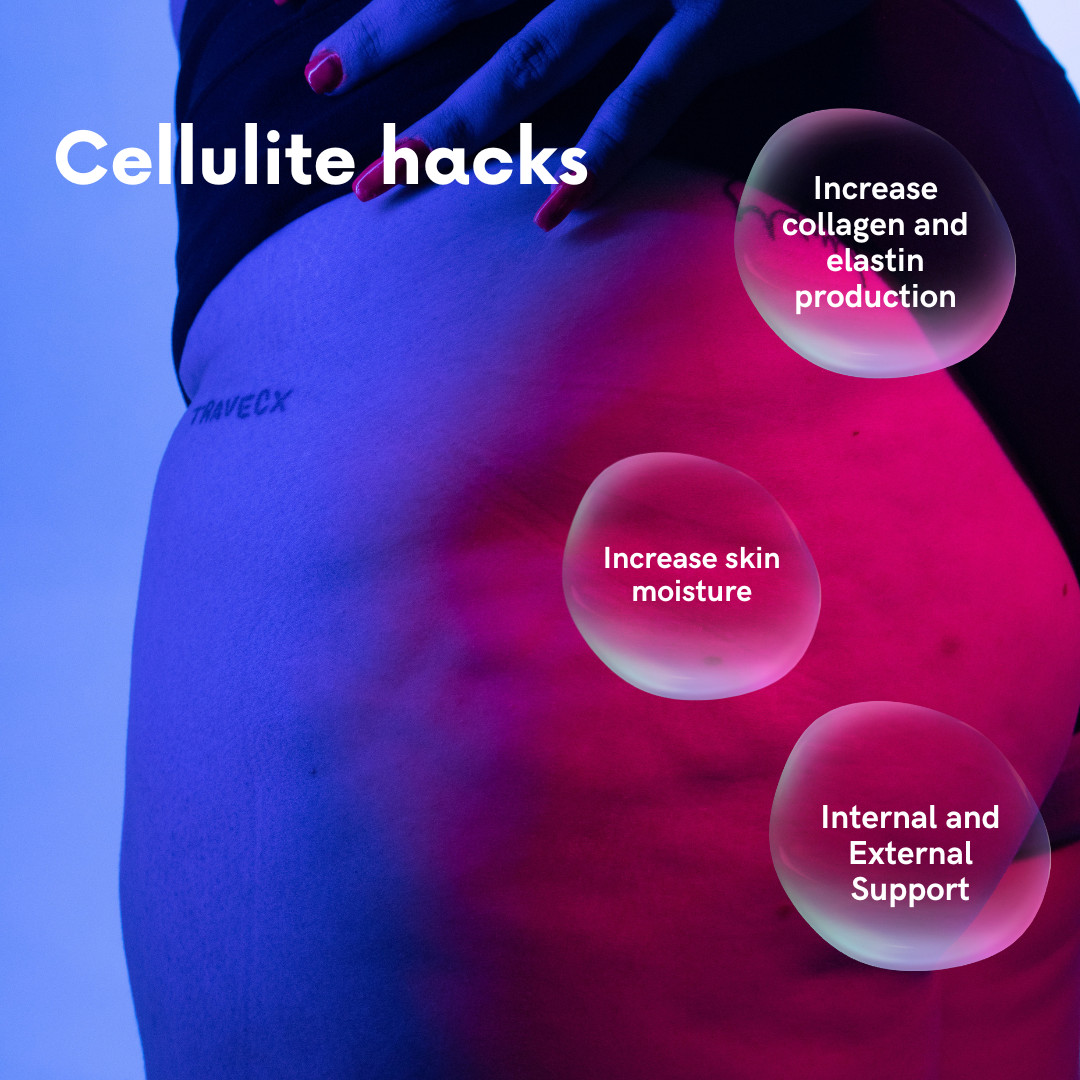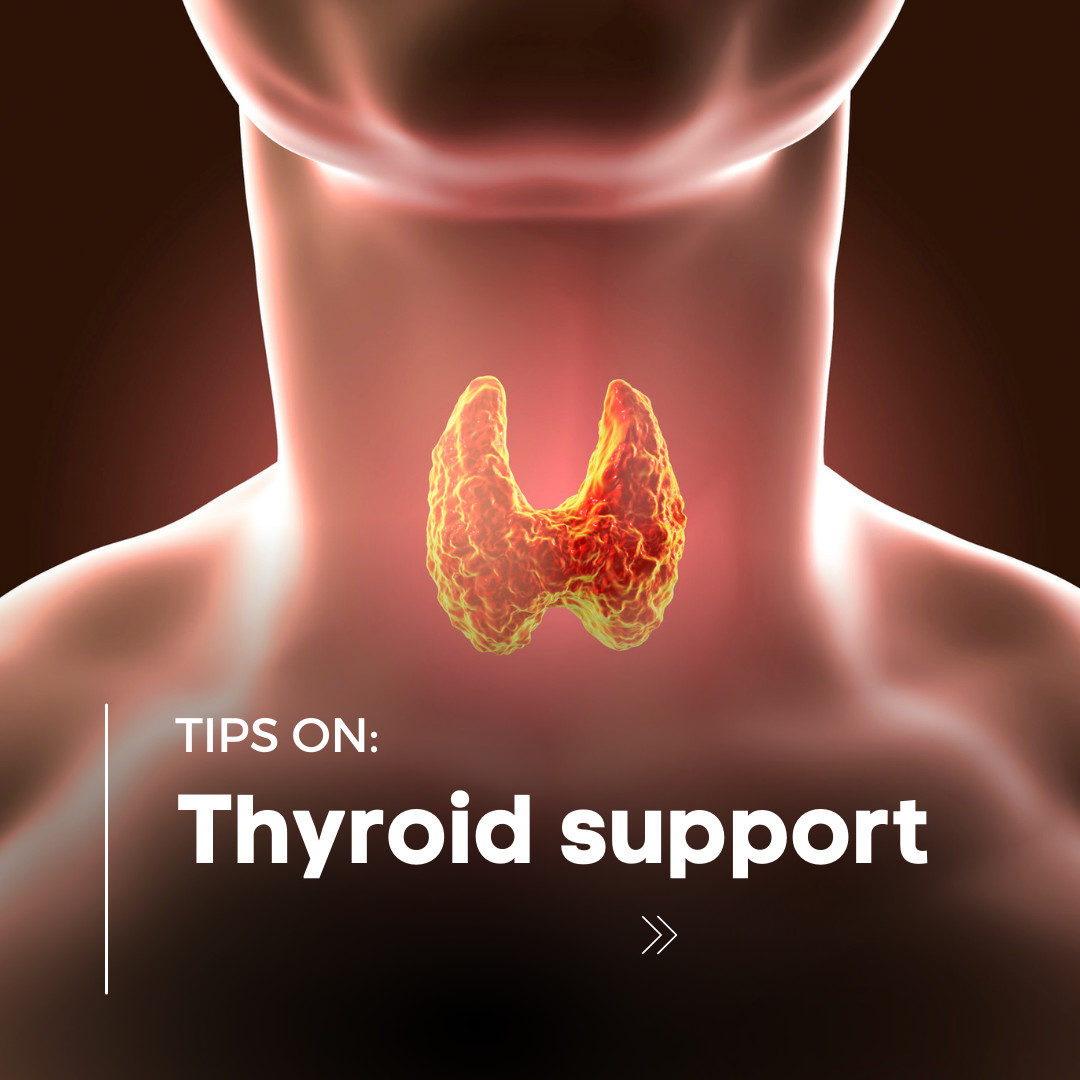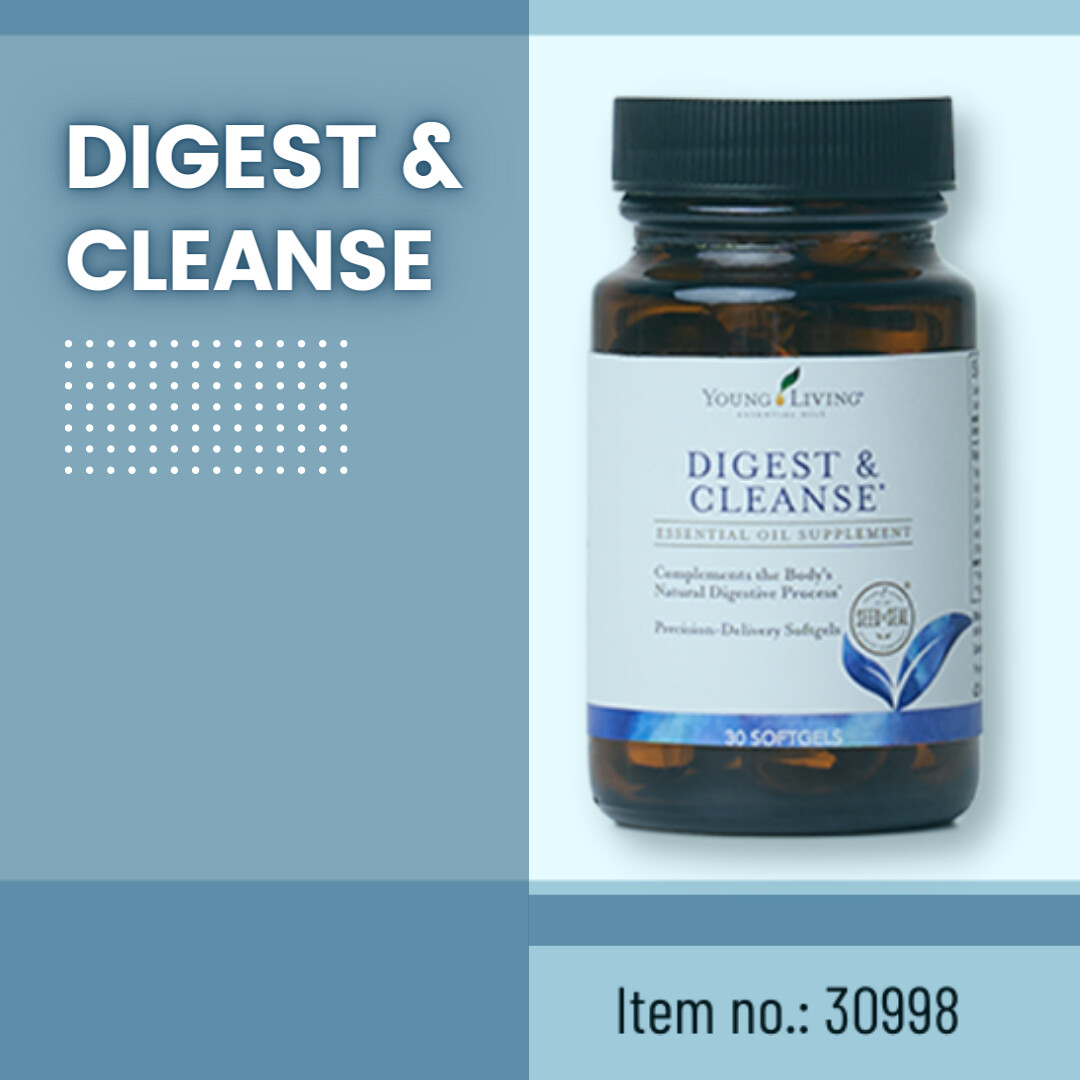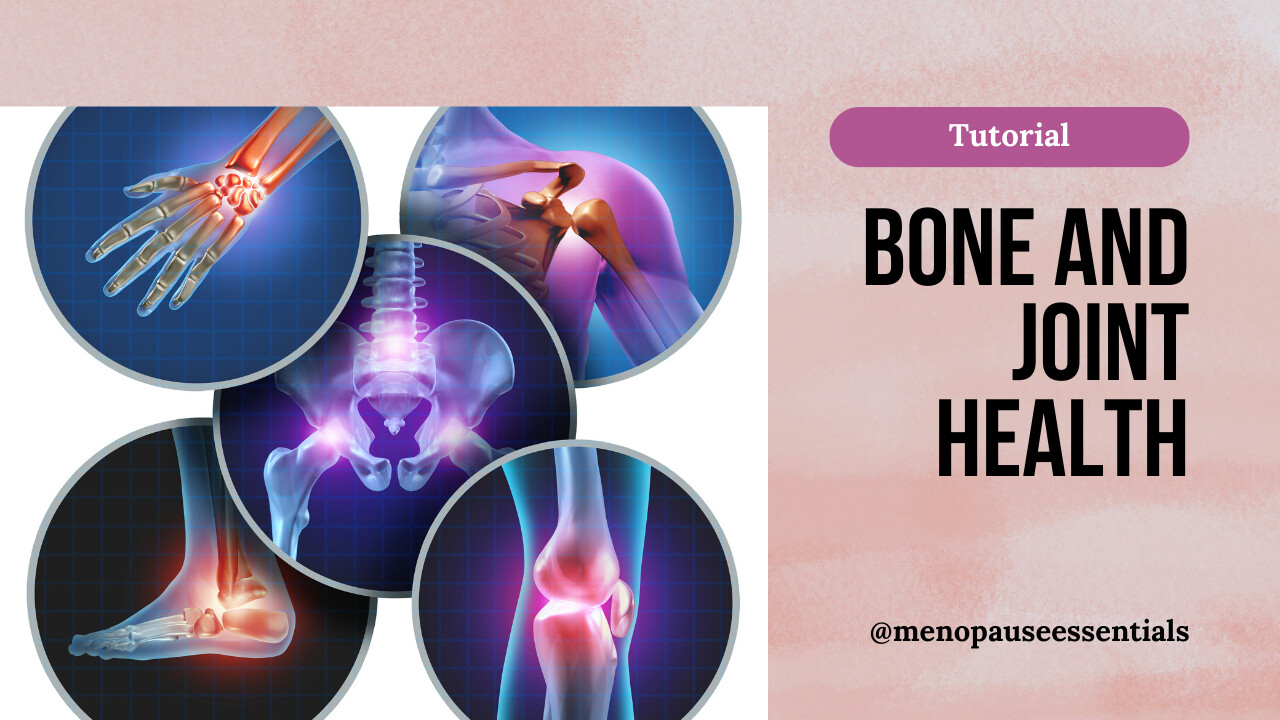
Q: Will I be able to use account credits towards my monthly subscription?
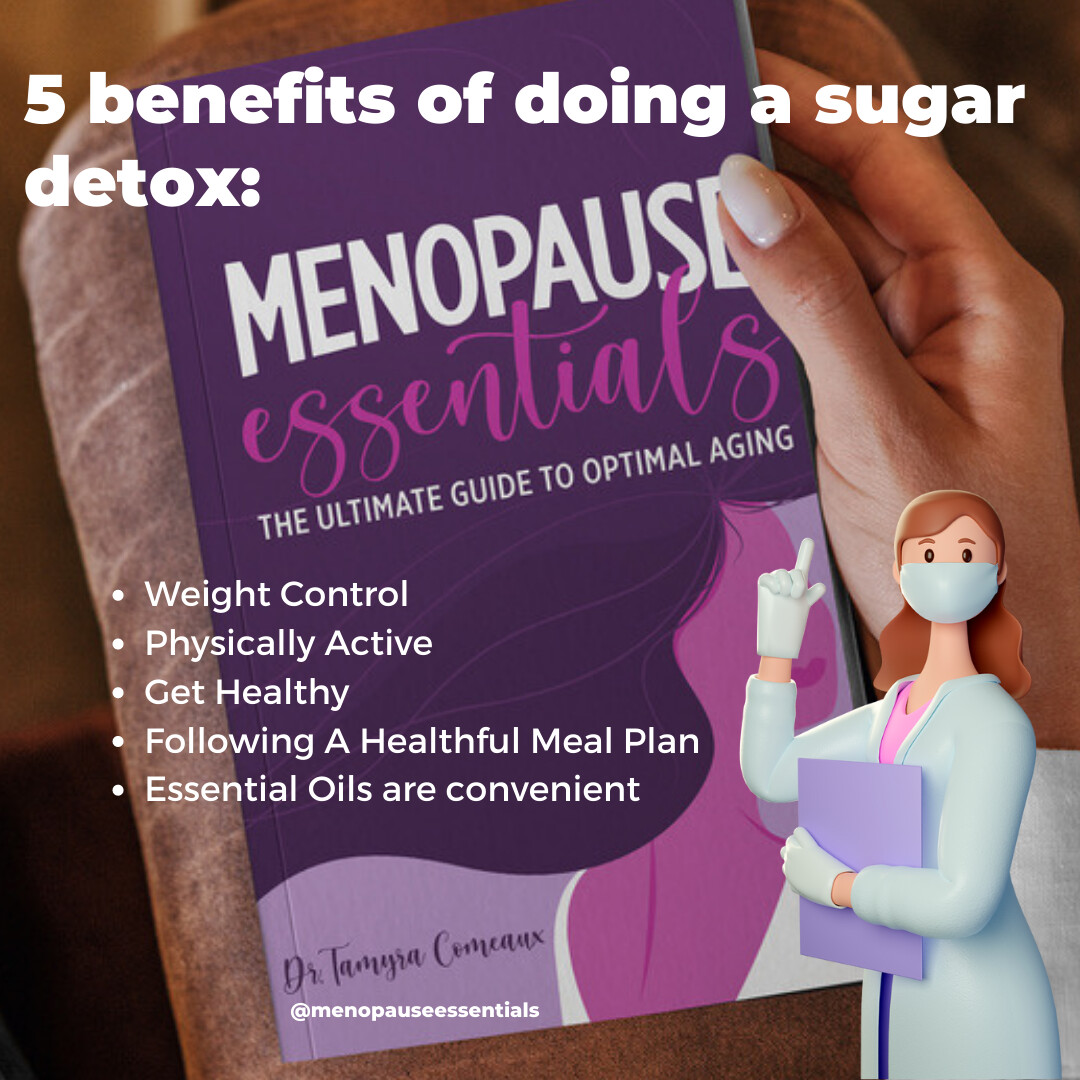
Have you ever wanted to do a sugar detox? Here are some reasons to consider doing a sugar detox:
1. We all eat more sugar than we need2. It is difficult for some people to control sugar cravings3. We often don’t realize how much sugar we are consuming4. Too much sugar can have a serious impact on our health
ESSENTIAL OILS AND BLOOD SUGAR
- Cinnamon Bark (Cinnamomum zeylanicum). Research studies have demonstrated that cinnamon helps lower glucose levels, LDL cholesterol, triglycerides, total cholesterol, and increases insulin sensitivity in people with type 2 diabetes. Cinnamon oil is generally known for its powerful anti-inflammatory, antibacterial, anti-viral, and anti-fungal properties.
- Coriander (Coriandrum sativum). Coriander helps lower blood sugar in two ways. It demonstrates insulin-like activity at a cellular level, and it facilitates insulin release from the pancreas. Studies reveal that coriander also reduces triglycerides, LDL, and total cholesterol, and is associated with increased HDL cholesterol.
- Ocotea is distilled from the leaves of Ocotea quixos, a large tree found in the Amazon wilderness on the west side of the Andes Mountains. Used historically for more than 500 years to flavor cakes and sweets, ocotea it is commonly referred to by the native people throughout Ecuador as false canela, or false cinnamon. Ocotea essential oil has a warm, spicy aroma that is similar to but more delicate than that of Cinnamon Bark. Honored as a spiritual oil for many years, Ocotea is still used in purification rituals today.
- Fennel Vitality has a licorice-like flavor and is fantastic in post-meal tonics and teas for digestive and general wellness support. In addition, it can be used to add a delicious flavor to sauces, soups, and marinades.*

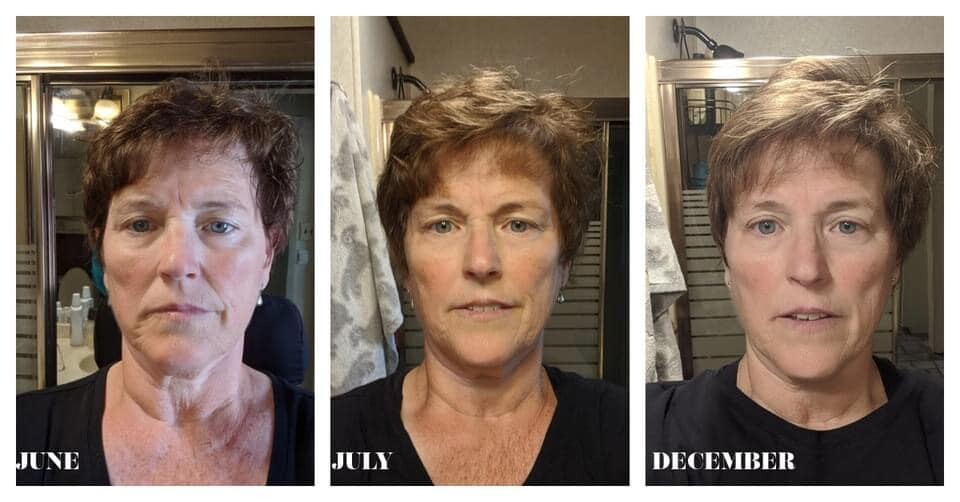
Longevity comes in capsules, if this is in stock, you don't need to DIY capsules!
You'll want a few bottles of the Vitality Longevity oil ($16) since there are approximately 80 drops in a 5 ml bottle. The 15 ml bottle of Longevity is the same exact oil inside the bottle, just without the Vitality/digestible labeling.
You'll want to use 8-10 drops in each capsule, so you'll need 240-300 drops
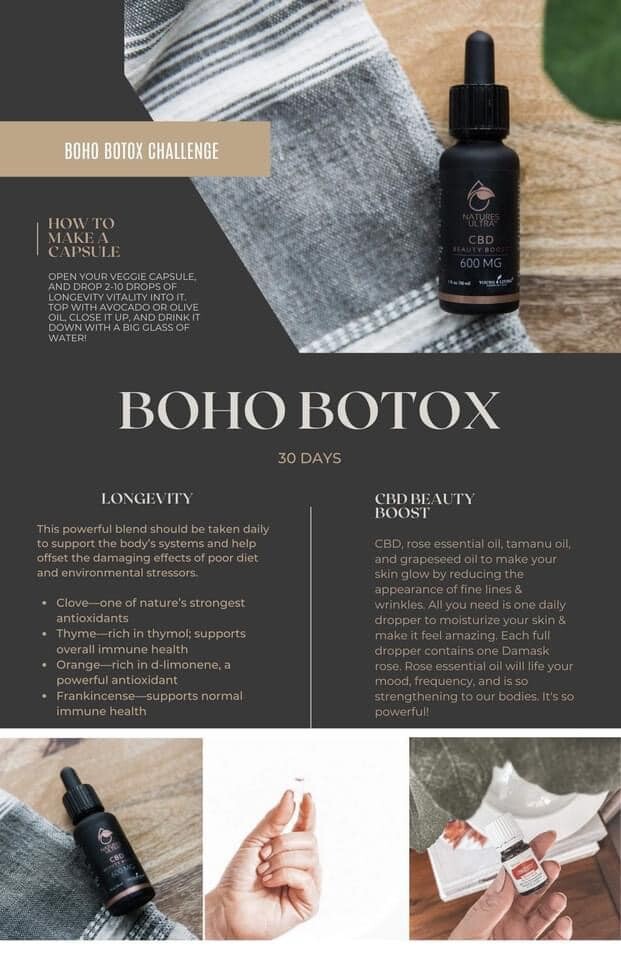
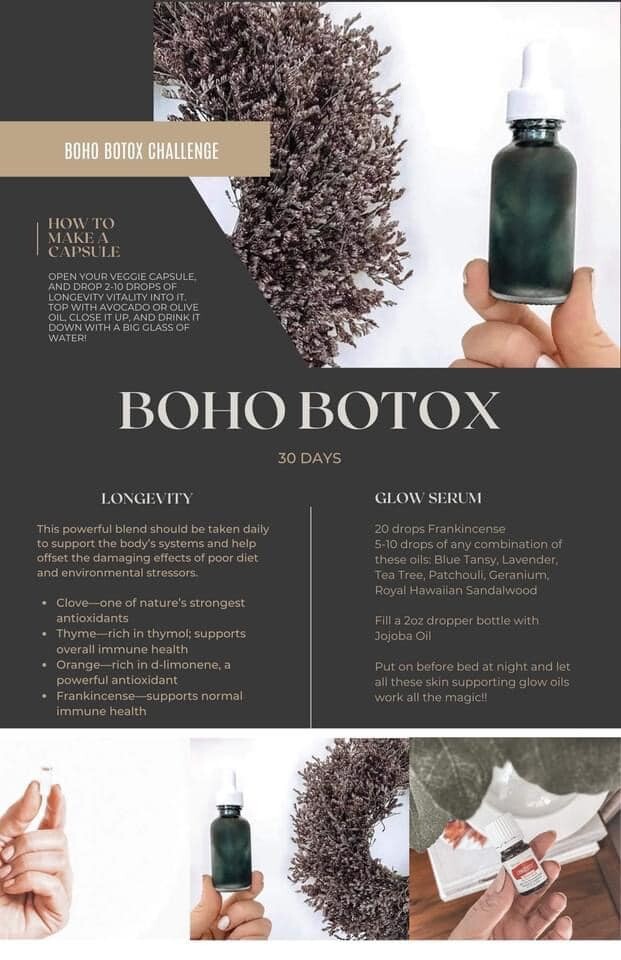
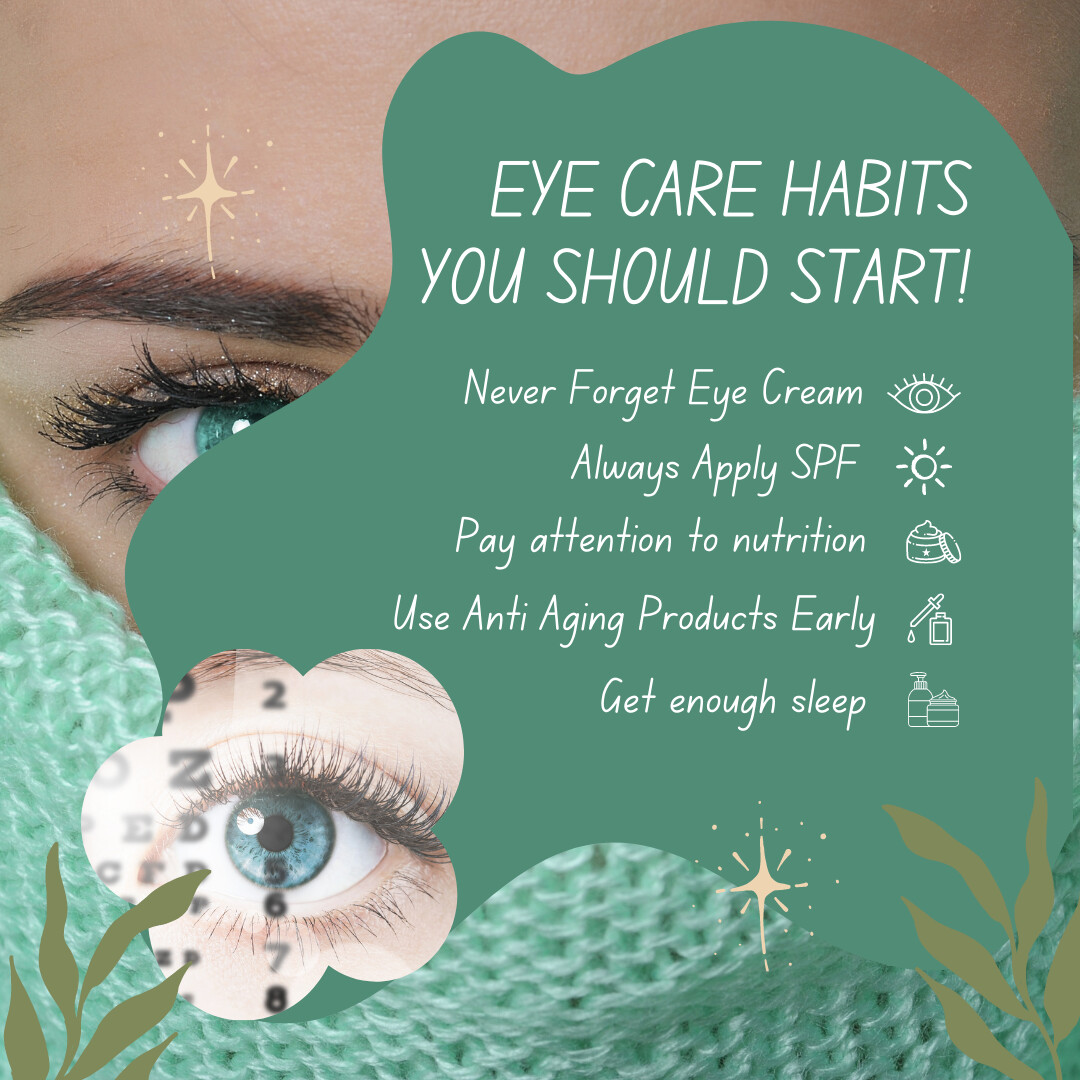
Although you will see a plethora of products to help with these problems, don't forget that nutrition plays a role in eye health. Vitamins A, C, E, and Omega-3 can help reduce your risk of a common eye problem, also make sure you get the right amount of antioxidants through a healthy balanced and varied diet.
For healthy eyes, try these natural beauty tips:
- Try to rest and get at least 8 hours of sleep every night. (melatonin may help)
- Drink at least 8 glasses of water daily.
- Protect your eyes from sun rays by using sunglasses especially during the peak hour to avoid any damage
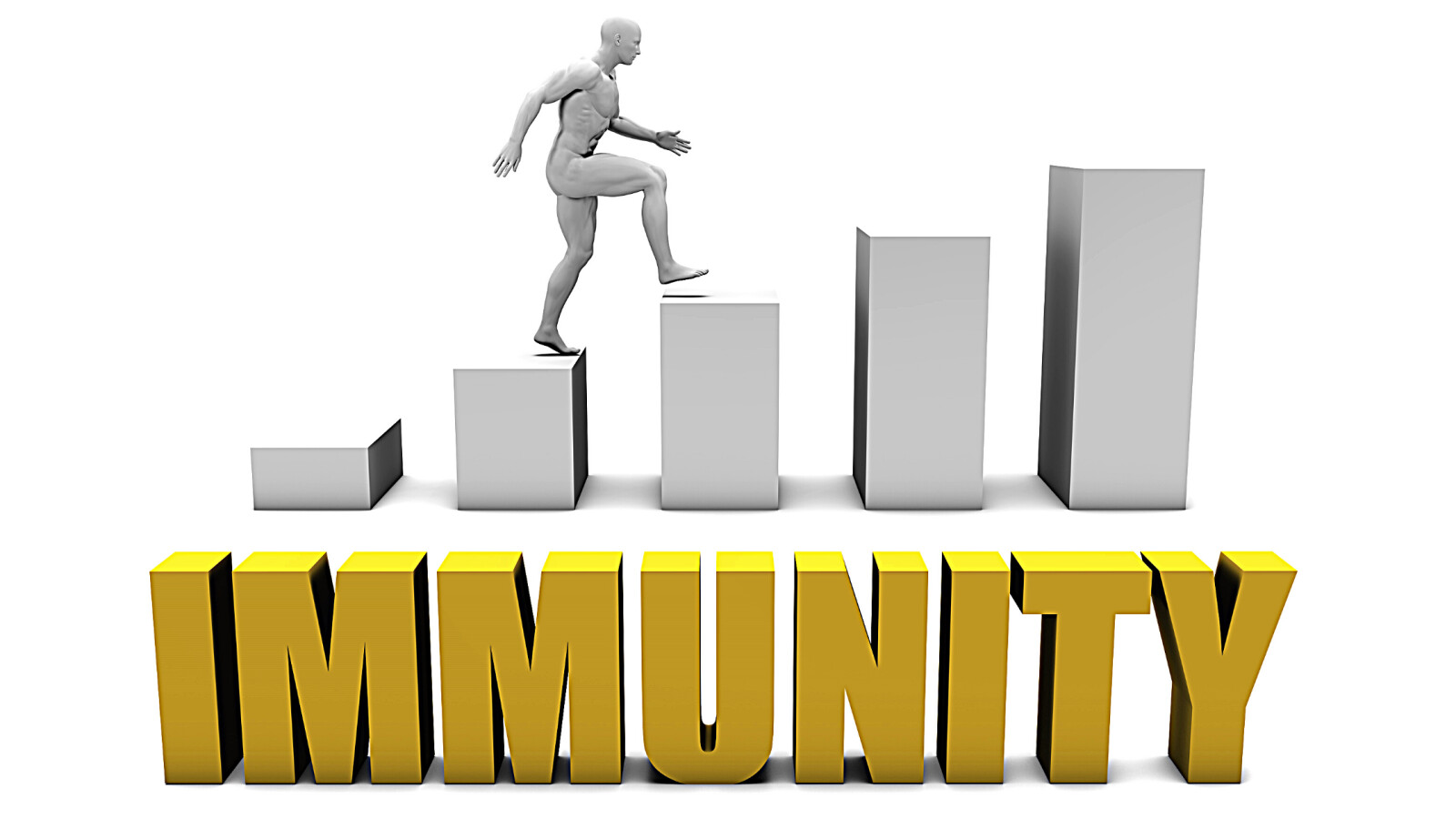
If you are younger than 60, in good health and don't have too many bad habits, then your immune system is probably functioning well enough to keep you safe from almost any infectious disease.
The bad news is that as we age, our immune systems gradually deteriorate too. This “immunosenescence” starts to affect people's health. The older you get, the weaker your immune system becomes, and the more likely you are to get seriously ill or die because of it.
During a typical winter flu season, for example, very few people under the age of 65 get ill enough to be hospitalized. About 20 per cent of those aged 65 to 74 who catch the disease do, although hardly any of them die. But among the over 75s, about half of those with flu end up in hospital and 30 to 40 per cent of them die. Most of those who pull through never fully recover. The difference for most people is down to immunosenescence.
To many, immunosenescence may sound like a far-off threat, but it is something that should concern us all. The decline starts surprisingly early in life, during puberty, and can be accelerated by all kinds of lifestyle factors. People who smoke or who are obese are particularly likely to have an immune system that is older than their chronological years. Being sedentary is another risk factor.
This has led to a new concept called immune age. It is similar to biological age, which uses chemical tags progressively added to genes throughout life to measure how far down the trajectory of aging somebody has travelled, regardless of the number of years on the clock. Biological age and chronological age are usually quite tightly coupled, but can diverge by as much as 20 years either way. And unlike chronological age, biological age can go down as well as up, usually as a result of deliberate lifestyle changes. Both, it turns out, are also true of immunological age.
This way of thinking about the immune system has many uses. Knowing our immune age could help doctors judge how susceptible we are likely to be to illness. It might also help us all to maintain and strengthen our immune system. For instance, it could be used to validate supposed immune-boosting strategies. Does it affect immune age? If not, think twice.
At 60, some people have the immune system of a 40-year-old, others an 80-year-old
Until very recently, it was impossible to measure immune age. Immune age measurement is still new and there is no commercially available test, although the team is working on one. For now, probably the best way to gauge your immune age is to get your biological age tested, because the two seem to be roughly correlated.
The 4 tests that could be used to estimate how your aging is going:
1. Immunidex by Spectracell.
2. the PULS test which estimates your risk of heart attack and heart age
3. TruAge which checks your DNA methylation
Regardless, you don't need to know your immune age to take steps to start lowering it. And it turns out that many of the emerging anti-aging drugs and strategies do their stuff, at least in part, by arresting or even reversing immunosenescence.
One key approach to keeping our immune age down relates to the fact that as we get older, some of our immune cells start to misbehave. The process by which some of them find their target is called chemotaxis, and it becomes increasingly erratic as we age. Older neutrophils can still detect invaders, but become much worse at hunting them down, often charging off in the wrong direction.
This is problematic for two reasons. It reduces the speed and efficiency of the defense, giving invaders more time to gain a foothold. It also causes inflammation. The wandering neutrophils cause between two and five times as much damage as their counterparts that still know their way. Such friendly fire is a leading cause of inflammaging, the inflammation that becomes more prevalent as we age.
Aside from misbehaving immune cells, another big clue about the demise of our immune system with age comes from a vital but little-known organ called the thymus that is (or was) located beneath your breastbone. This heart-shaped patch of lymphatic tissue is where new T-cells mature before being released on active duty. It is very active in childhood but degenerates with age, shrinking by about 3 per cent a year from the onset of puberty. By late middle age, it has usually been replaced by a tiny ball of fat, and T-cell counts fall off a cliff.
This has consequences for the ability to fend off novel pathogens. In older people, who barely have any thymus left, the adaptive immune system is severely diminished, leaving an entire segment of their immune defenses vulnerable.
1. Golden Turmeric
9. Life 9 and Essentialzyme-4. What you eat will also matter to your immune system – now is the time to look after your gut flora. There is good evidence that probiotics can enhance the immune system, that poor gut health is a cause of premature aging and an unhealthy microbiome can reduce your immune age.
Lawton G. (2020). You're only as young as your immune system. New scientist (1971), 245(3275), 44–48.
